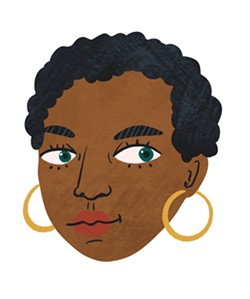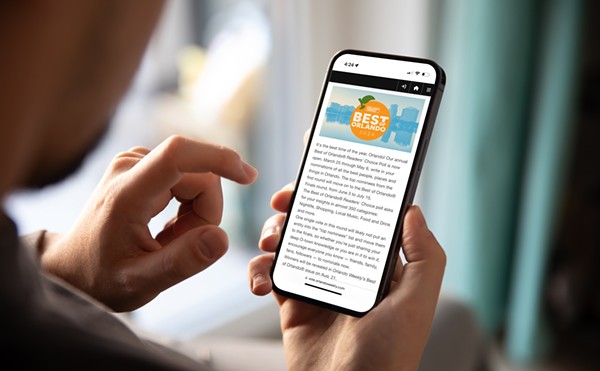I am a writer.
I am a university graduate.
I am a musician.
I am a child welfare worker.
I love my family and friends.
I love the company I work for.
I love food.
I am a daughter, a granddaughter and a sister.
I am a best friend.
I am a neighbor.
I have anxiety.
I have depression.
I am an American, born and bred.
But the color of my skin is likely to prevent some people from even trying to get to know these parts of me.
I know for a fact even with the trauma I have faced in my life, I still have more privilege than my darker-skinned counterparts. I went to decent public schools with adequate resources, was raised in the suburbs. Went to one of the nation’s largest universities (with financial assistance). My stomach was always full, and even with the family issues I did have, I’ve always had a support system and a roof over my head.
After a lifetime of downplaying and invalidating my own mental illness, I went to a therapist who diagnosed me. A part of me still didn’t want to believe it, so she tried to help me understand.
“Excessive worry, nausea?” my therapist asked, listing the symptoms of generalized anxiety disorder.
“Yes.” I nodded.
“Repeatedly going over thoughts?”
“Yes.”
“An irrational fear for the well-being of loved ones?”
I hesitated. “Yes.”
Apparently, one of the symptoms of anxiety can be an irrational fear of your loved ones being harmed. I was floored that it was so specific, but was almost relieved to know so much of this was just all in my head.
But right now, in 2020, I am not OK.
I’m not OK because I’ve learned that one of my biggest fears isn’t irrational.
Eric Garner. Trayvon Martin. Sandra Bland. Just to name a few. Most recently, Ahmaud Arbery, George Floyd, and David McAtee. The year 2014 was, by no means, the first year of these killings, but the first to be so heavily recorded and reported on. It was surreal.
Now, six years later, we have only lost so many more.
Before, I was enraged, but holding out hope that some good could come from these incidents. If it’s in the public eye, how much longer could they continue to be so awful with no consequences, right?
Wrong.
This year, I will turn 26. In this first half of my 26th year, I have watched an invisible virus ravage the entire country and beyond, with numbers increasing daily, yet, the number of denials of its existence is increasing alongside them. I’ve watched privileged people storm legislative buildings with high-powered firearms to complain about not being able to get haircuts and manicures, without law enforcement so much as lifting a finger to stop them. I’ve watched some of the most inconsiderate, out-of-touch, hateful people crawl out of the woodwork with absolutely no shame. I’ve watched the president of the only country I’ve ever been able to call home not only condone this hatred, but publicly partake in its dissemination. And I’ve watched my people — those with and without melanin — peacefully protest these incidents that deny so many of their human rights, only to be met with mace, tear gas, rubber bullets and handcuffs.
I always say that these things make me “tired,” but that is just the tip of the iceberg.
My heart feels as though it’s being clenched under the pressure of the knee of someone who was hired to protect me.
In my own home, I do not feel safe, because at any moment my door could be kicked down, bullets ripping through my couch, the art on my walls, my own body, all for it to just be a “misunderstanding.”
I wake up in the morning and lay my head on my pillow in the evening with swollen, puffy eyes.
In the middle of my workday, I have to step away from my computer to avoid causing water damage.
I try to stifle my sobs so my roommates can’t hear all of my pain, because I don’t want anyone else to feel this.
But the reality is that I know there are countless others who feel the same, because in 2020, we are still having to explain that we are humans, too.
We just want to live. We just want to be treated like we deserve to live.
We are hurting.
We are asking for help.
Because we can’t breathe.



















